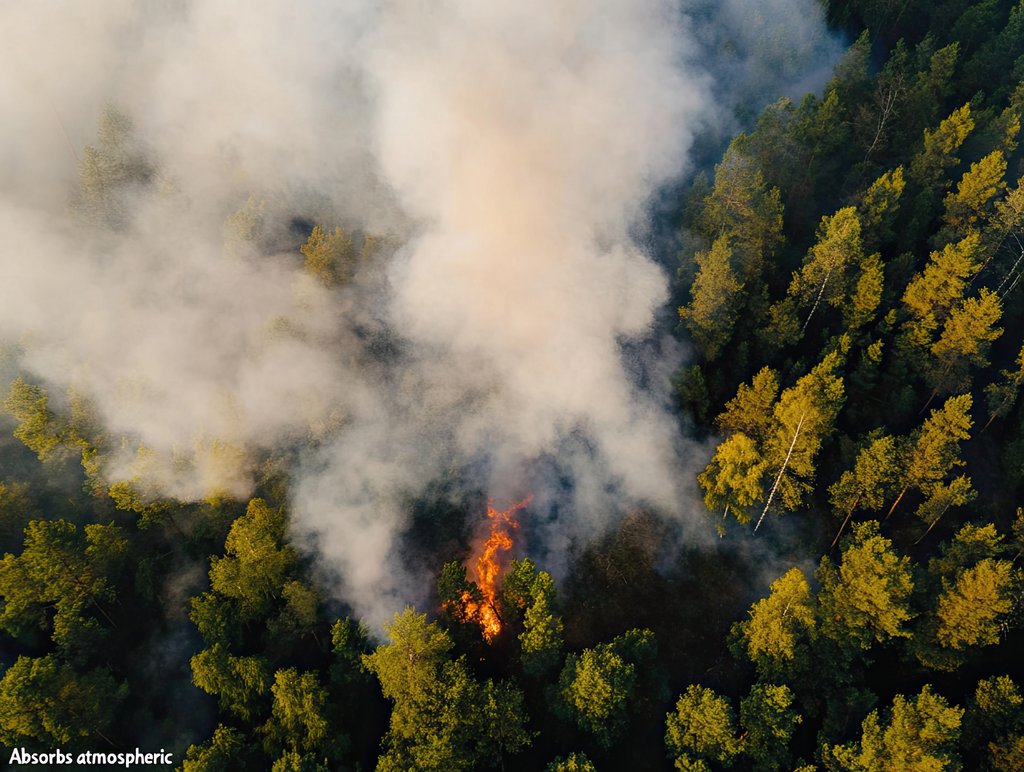Research - 30.09.2025 - 08:30
A hot summer, a once-in-a-century flood, a storm that destroys houses: extreme weather events are on the rise with climate change and cause tens of billions in costs worldwide every year. Do personal experiences with the consequences of climate change lead to more support for climate policy? An international study published in Nature Climate Change with HSG participation shows that it is not the mere experience of such events that counts, but how they are interpreted. The decisive factor is whether people attribute extreme weather events to climate change.
‘Just because someone has experienced extreme weather does not automatically mean that they also support political measures for climate protection,’ says HSG Assistant Professor Jamie Gloor, co-author of the study. ‘Although I am an economic psychologist, this finding surprised me.’
Gloor collaborated with 241 researchers worldwide for the study. They compiled data from 67 countries and surveyed over 71,000 people. ‘This scale makes the study unique. It also asks far-reaching questions that are analysed using a global data set,’ says Gloor, who was responsible for data collection in Switzerland together with Jana Freundt (Lucerne University of Applied Sciences and Arts).
The research consortium behind this data set, involving 179 research institutions, was founded in 2022 by Victoria Cologna, then a researcher at Harvard, and Niels Mede (Wageningen University). The complete data set is freely accessible online and can be explored using an interactive tool. The research collective has already used the data to investigate, for example, the level of public trust in science.
The present study on climate policy shows the following key findings:
• Broad support worldwide: In all countries, majorities support measures such as forest protection, renewable energies and sustainable mobility. However, the taxation of climate-damaging foods or fossil fuels is viewed much more critically.
• Interpretation more important than experience: Only among those people who attribute extreme weather events to climate change does support for political measures increase significantly afterwards.
‘The study shows that it is not only the reality of extreme events that drives climate policy, but also the interpretation of this reality. For politicians, the media and us scientists, this is a clear message: only those who explain the connections plausibly can create a basis for action,’ concludes Gloor.
However, the authors also point out the limitations of the study: the data comes from a single point in time. Furthermore, the study leaves open the question of how media coverage and public debate influence whether people interpret an event as a consequence of climate change. ‘This is particularly important at a time when the media is also confronted with a large number of scientifically unsubstantiated claims about the weather, climate change and the role of humans in it,’ says Gloor.
More articles from the same category
This could also be of interest to you
Discover our special topics
